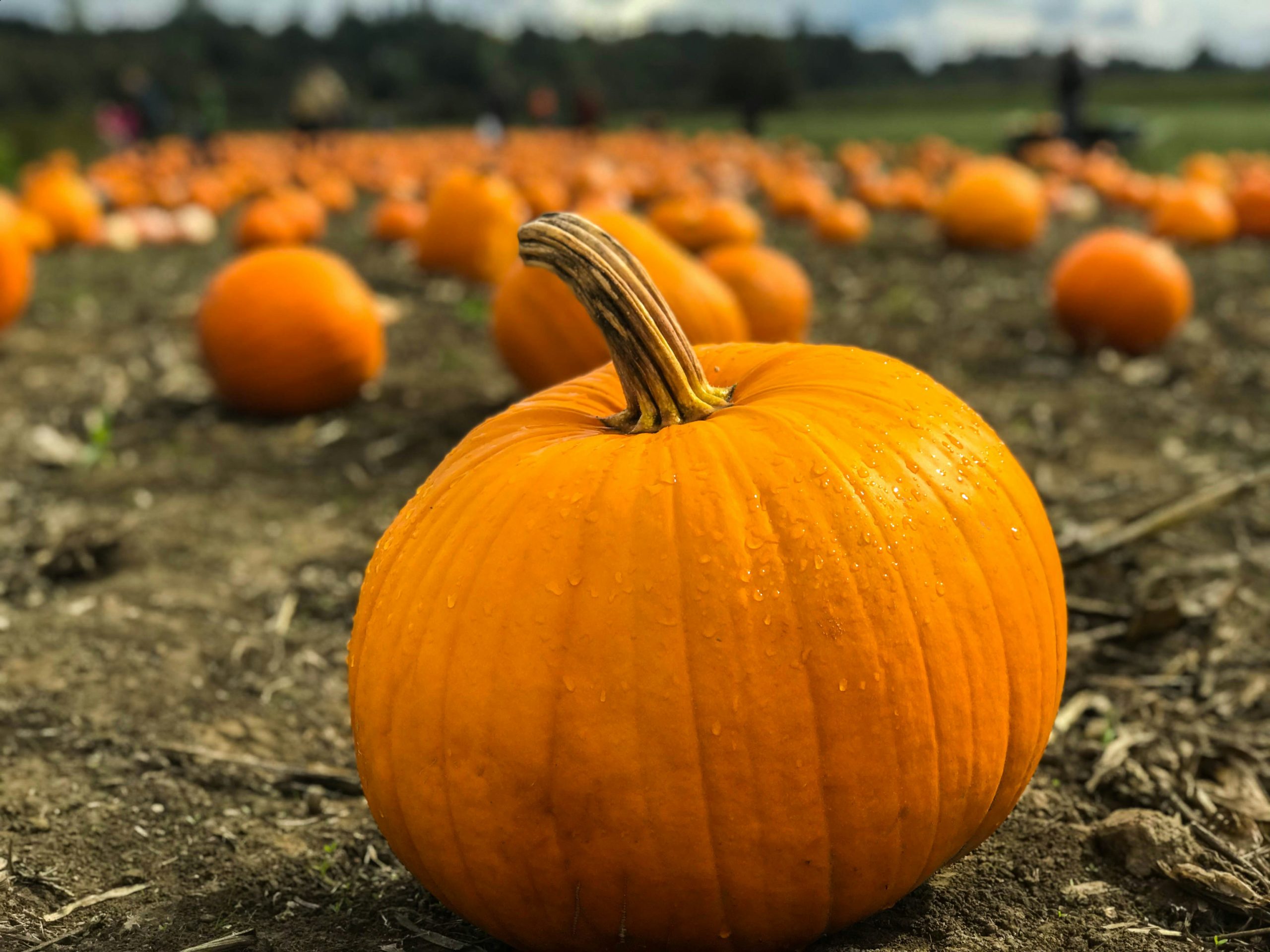**1. The Carbohydrates Hidden Behind the Name ‘Vegetable’**
Kabocha squash is a healthy food ingredient rich in Vitamin A and dietary fiber. However, you shouldn’t assume it has low carbohydrate content just because it has ‘squash’ in its name and is a plant-based food. Like sweet potatoes or potatoes, kabocha squash belongs to the category of ‘starchy vegetables’ with high carbohydrate content.
**2. Comparison with Rice**
– **Carbohydrate Content:** 100g of kabocha squash contains about 15-20g of carbohydrates. This is less than the carbohydrates in 100g of white rice (about 30-33g), but it is by no means a negligible amount.
– **Glycemic Index (GI):** The GI of kabocha squash varies depending on the cooking method but is generally around 65, which is a medium GI.
– **Conclusion:** If you eat kabocha squash instead of rice, you might eat about twice the weight to feel similarly full, which could result in consuming a similar amount of carbohydrates.
**3. A Wise Way to Consume Kabocha Squash**
– **Exchange with Rice, Don’t Replace It:** If you want to eat kabocha squash, you should reduce the amount of rice you eat that day. For example, if you eat 100g of kabocha squash (a small 1/4 piece), you should approach it as an ‘exchange,’ reducing your rice portion by about 1/3 of a bowl.
– **Healthy Cooking Methods:** Instead of frying or adding sugar, it is best to steam or boil it.
Summary: Kabocha squash is both a ‘vegetable’ and a ‘carbohydrate food.’ The key is to control the total carbohydrate intake by considering it a part of the rice portion, rather than mindlessly eating it as a rice substitute.


Leave a Reply